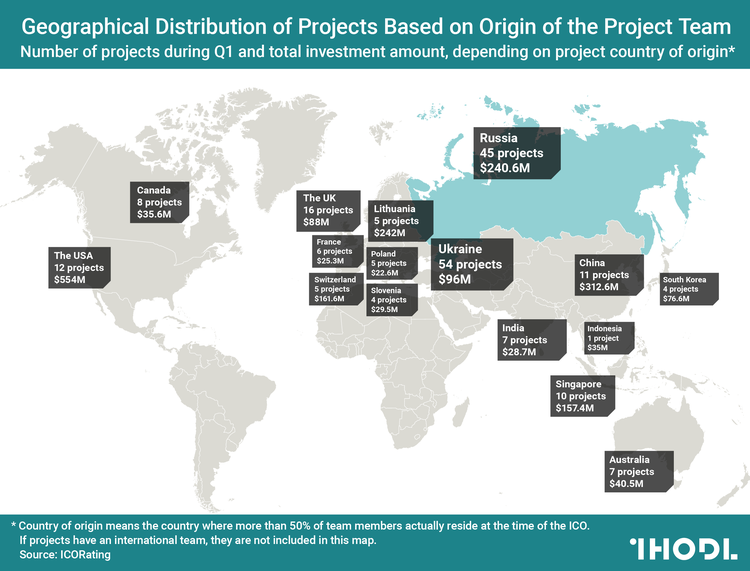International Business Machines (IBM) has prepared the report on how the government should evolve alongside the blockchain industry.
With the fast-evolving world, thanks to the new technologies being implemented to simplify, clear and secure the processing, blockchain is becoming the number one topic for a variety of industries and governments. Distributed ledger is not a novelty anymore, however, several years ago, only few could answer what it is, and why it's so vital to adopt it.
In its recent report, the IBM Center for The Business of Government has combined and systematized the key benefits of the blockchain technology in the governmental use cases.
The report dubbed “The Impact of Blockchain for Government: Insights on Identity, Payments, and Supply Chain” was prepared by Thomas Hardjono the director of the MIT Trust, Connection Science of Massachusetts Institute of Technology. He was also consulting with the Congressional Blockchain Caucus, that was running the discussions regarding the topic for the last year.
The authors of the report along with participants of the roundtables have come to the consensus, agreeing on that the U.S. government is in great need to obtain a “greater vision” and initiative to lead the technology development as blockchain will become in the near future “the core of the economy”. The technology will affect various industries as its already impacting the supply-chain logistics management, finance and insurance, simplifying the identification process and will inevitably be adopted by the governmental services in due course.
In order to cooperate, and to execute the potential of DLT in full, the industry developers need to clearly explain and present, the working examples of the use of technology. All levels of the government should collaborate in order to avoid misinforming regulators, lawmakers, and citizens alike.
The report is also calling for the resource allocation to study and develop the blockchain deeper, reminding about the early studies for the Internet Technology fundings in 1970’s-80’s. “That allowed the Internet to flourish with broad adoption and become the foundation of the digital economy today”.
Regarding the regulation, the author of the report is coming to the point that the separate regulation of the industry is not allowing it to evolve.
“The world is now a global environment and no single nation can control what happens. The U.S. has diminished powers to dictate. Regulatory bodies in each nation control or influence the competitiveness of that nation.”
As an example, the report is reminding that the total amount of money gathered during the ICOs worldwide is $16 billion as of May 2018. With less than 22% of this number gathered within the U.S.
“The U.S. is losing the power of capital formation, which in the long term has dramatic negative impact on U.S. capital markets,” - states the report.
BM (NYSE: IBM) technological giant is one of the reasons the DLT is walking so fast into our lives. A recent survey has found that IBM is one of the leading companies in terms of filing for blockchain patents as it secured the second spot behind Chinese giants Alibaba (NYSE: BABA). IBM is currently undertaking around 500 blockchain related projects which are being supported by a 1,500 strong team.
Among its recent projects are partnerships that will allow the technology to reach mass adoption throw also an enlightenment. That is how the “Unbounded Registry” was created. The “Yellow Pages” will help to systemize the existing blockchain projects and companies for the potential clients.
Earlier this year, Marie Wieck, the General Manager at IBM’s blockchain has shared her view on the situation. According to her governments need to put all of their services onto the distributed ledger, in order to accelerate the adoption of blockchain in business. Broader use of blockchain would bring about an estimated $3.1 trillion in benefit to the global economy by 2030, but conflicting policies in different countries risks derailing advances.
Subscribe to our Telegram channel to stay up to date on the latest crypto and blockchain news.



